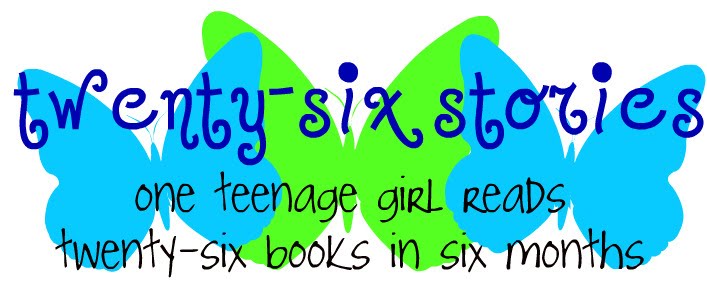It's done, and once this review is posted, let us never speak of it again because I have to study it in English at the moment and it is NOT FUN.
Lord of the Flies is the story of the survivors of a plane crash on a deserted island in the Pacific. They are being evacuated from England sometime during WW2. The only survivors on the island are boys, none older than 12, some as young as five or six.
Amongst them is Ralph and Piggy, and the book opens with these two characters meeting for the first time. Ralph is quickly established as being leadership potential, though not necessarily very enthusiastic about that possibility. Piggy, a fat, smart boy, discovers a conch shell. He tells Ralph they should use it to summon the other boys and try and work out how they are going to survive. Piggy is probably one of the wisest characters in the book. So the boys all meet, and Ralph is made chief, with Jack (the head of a choir involved in the crash and an arrogant, bossy boy) in charge of a group of boys who will hunt for feral pigs on the island and keep a signal fire going.
But things don't go smoothly. Some boys are lazy, and Jack and Ralph start to fight. There is also something lurking on the island, scaring the littleuns, and while Ralph and Jack try to brush off their fears, soon they too are afraid of the beast on the island.
Only one boy seems to know what is going on: Simon, a very wise young boy, suggests that the beast is perhaps inside them, rather than an actual beast.
But it's too late. The beast is already rearing its ugly head.
Lord of the Flies was published in the 1950s, so the language is complex and at times difficult to read. However there are some excellent descriptions of the landscape on the island which makes up for this.
The real issue in this book, for me, is the reason it is so widely studied. Lord of the Flies is an allegory for how, when unchecked, human cruelty (particularly in young boys) can get out of hand. However, the brutal events in this novel seem... perhaps... a little TOO extreme. The boys are twelve, but they are capable of murder. Although real life events prove that this is true, the circumstances under which the deaths occur are, in my opinion, not extreme enough for the boys to have been driven to murder. Some may disagree, but in my experience of boys, they are not the cruel beasts that Golding depicts them as.
Almost all the characters were, for me, pretty unlikeable. They were all a bit pompous, thinking that because they were British they'd be able to sort everything out (how wrong they were!) and were hasty in their decisions, arrogant, self-centred and immature (Piggy and Simon being the exceptions, although they too have faults that ensure that they do not save the book).
On the other hand, while the characters made immature decisions, I think sometimes Golding depicted them as TOO mature for their age. At twelve, I would not know many boys who could organise a (while admittedly dysfunctional and ultimately doomed) society of sorts and survive for weeks on a deserted island. Also, what twelve-year-old speaks like they speak? None these days, and probably none back then either! (Well I don't know that for certain, but judging on how kids speak today, I think we can safely assume that.)
So while the book had some good points, I just found the situation, characters and dialogue a bit tiresome and unrealistic, so I can't give it a good review. Apologies to all those who think this is a classic!
Butterflies: 5 out of 10
Recommended for: Year 10 English at my school, so you pass! Also to people over 14 who will be able to appreciate the descriptions and also understand that this is not just an adventure story.
Warnings: complex language, and fairly violent. Not a light read, in any way!


I was supposed to read that.. never did :P
ReplyDeletemy theory is that a good book becomes a terrible book when you are forced to read it for high school english.
ReplyDeleteImagine being an author and your book got chosen for the HSC reading list. On one hand, you'd be happy because that means lots and lots and lots and lots of copies of your book get sold.
But on the other hand, it also means that lots and lots and lots and lots of young people will instantly hate your book.
Lord of the Flies is very old-school british. And part of me suspects that boys could very well be quite capable of all that went on. Except for maybe setting the whole island on fire ...
random fact wot I found out today:
ReplyDeleteBeelzebul/Beelzebub: A term of slander, which was variously interpreted "lord of flies," "lord of dung," or "ruler of demons"; 2 Kings 1:2; Mark 3:22